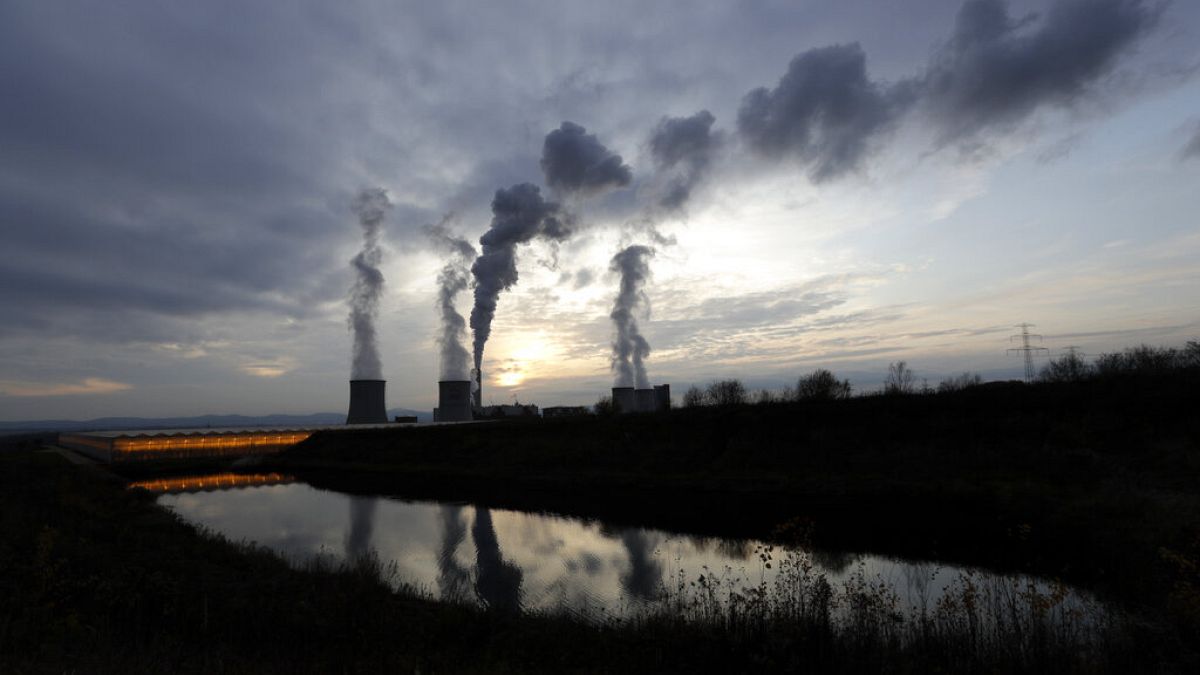A new report released by the International Energy Agency (IEA) provides an almost real-time view of the COVID-19 pandemic’s extraordinary impact across all major fuels
The COVID-19 pandemic represents the biggest shock to the global energy system in seven decades, with the drop in demand this year set to dwarf the impact of the 2008 financial crisis and result in a record annual decline in carbon emissions of almost 8%.
A new report released by the International Energy Agency (IEA) provides an almost real-time view of the COVID-19 pandemic’s extraordinary impact across all major fuels, with renewable energy extending its lead over coal-fired power use across Europe.
“This is a historic shock to the entire energy world. Amid today’s unparalleled health and economic crises, the plunge in demand for nearly all major fuels is staggering, especially for coal, oil and gas. Only renewables are holding up during the previously unheard-of slump in electricity use,” said Dr Fatih Birol, the IEA Executive Director.
“It is still too early to determine the longer-term impacts, but the energy industry that emerges from this crisis will be significantly different from the one that came before.”
Unprecedented decline
The report projects that energy demand will fall 6% in 2020 – seven times the decline after the 2008 global financial crisis. In absolute terms, the decline is unprecedented – the equivalent of losing the entire energy demand of India, the world’s third-largest energy consumer. Advanced economies are expected to see the biggest declines, with demand set to fall by 9% in the United States and by 11% in the European Union.
However, according to climate thinktank Ember, that estimate may be conservative compared to their own analysis. In a report published in Carbon Brief, analyst Dave Jones said coronavirus lockdowns had caused “lower levels of coal and gas being burned to generate electricity, meaning CO2 emissions from the sector were 39% lower over the past 30 days than this time last year.”
“Analysis of detailed electricity data for the 27 EU member states plus the UK, over the past 30 days, also shows that solar generation rose by 28% compared with the same period last year, due to new installations and a sunny April across Europe,” he said.
Coal use lessens
The fall in coal use has been particularly noticeable within Europe. The UK recently broke its coal-free power generation record, with the country going over 18 days without the need to turn on coal-fired power stations to support its national grid.
However, while the fall in energy use is welcome for global emissions, the Paris-based IEA has urged caution in analysing the data.
“Resulting from premature deaths and economic trauma around the world, the historic decline in global emissions is absolutely nothing to cheer,” said Dr Birol.
“And if the aftermath of the 2008 financial crisis is anything to go by, we are likely to soon see a sharp rebound in emissions as economic conditions improve. But governments can learn from that experience by putting clean energy technologies – renewables, efficiency, batteries, hydrogen and carbon capture – at the heart of their plans for economic recovery. Investing in those areas can create jobs, make economies more competitive and steer the world towards a more resilient and cleaner energy future."
